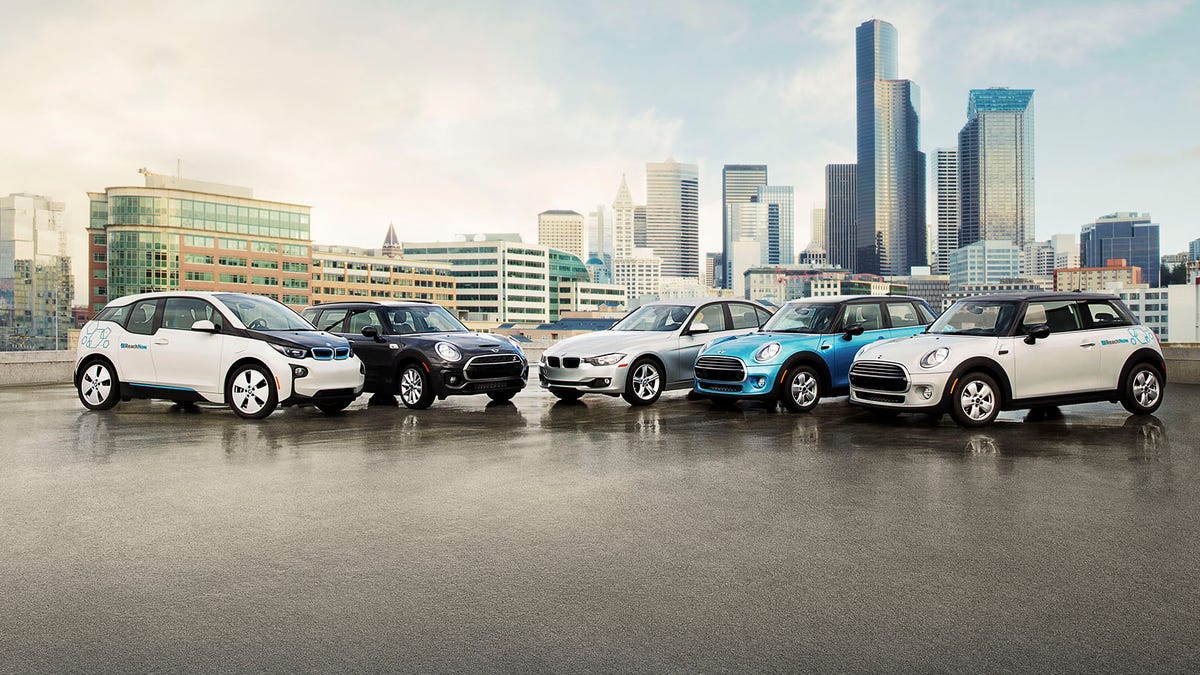BMW to test self-driving cars in Munich, wants to have the 'coolest' service
If a car company's execs think they can compete with being 'cool,' is it safe to say coolness is no longer cool?

Before the sharing economy can embrace autonomy, it needs to develop it. BMW already has its toes wet in the car-sharing business, so now it's turning its attention to self-driving cars .
BMW plans to test its self-driving technology in Munich before it puts that technology to work in ride-hailing services, Reuters reports. The automaker will put approximately 40 vehicles with autonomous technology on Bavarian roads, and after some time, it will expand that testing to other cities.
Part of BMW's decision is in response to Uber 's explosive growth. The ride-sharing titan is testing its autonomous vehicles in Pittsburgh with the hopes of adding autonomy to its current services. However, Uber has to buy those cars from automakers, whereas BMW doesn't have that problem. BMW can do it all in-house, which should give it a theoretical advantage.
Both companies have the same plan for autonomous cars, though -- replacing human drivers. "Once you dispense with the driver you have a license to print money," said Tony Douglas, BMW's head of mobility strategy, to Reuters. While it may sound bleak for job prospects, a company's goal is to make money, and it can vastly expand that ability by removing pesky meat sacks that want things like benefits and paychecks.
BMW is nowhere near the first or the largest company in the sharing economy, but the company is more interested in being cool. Yes, you read that right: "We had 14,000 people sign up [for ReachNow] in four days, in a market already served by Zipcar, Uber, Lyft and Car2go," Douglas told Reuters. "Someone else spent the money to educate the market and then we came in with a cool product. We will not be the largest, but we can be the coolest."
BMW's current car-sharing enterprise, ReachNow, is proving to be a success. It's expanded beyond its original location, and it already achieved profitability, which is something Uber's been struggling with of late. ReachNow allows drivers to access a fleet of cars within a specified home area, charging drivers per minute to use a fleet of BMW and Mini vehicles. Mini owners can join a pilot program that allows them to rent out personal cars for a profit, as well.

